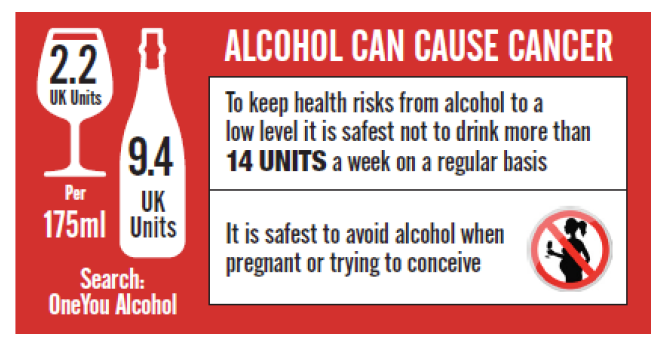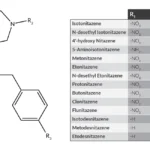Alcohol isn’t good for your health. So why are so many people convinced that it is?
That’s a question this recent New York Times article seeks to answer. The answer in brief: it’s mostly because we’ve been bombarded over the years with story after story about the supposed beneficial effects of “moderate” drinking. And most of us, not being trained scientists, aren’t sophisticated enough to identify the flaws in those stories.
Which can be numerous. Here’s a link:
Moderate Drinking Has No Health Benefits, Analysis of Decades of Research Finds
(Or try the Archive Today version if you hit a paywall)
“I’m still going to have my two glasses of red wine every evening,” a friend shrugs. “I’ve been reading for years that it‘s good for your heart. They must have proved that by now or they wouldn’t have published it.”
Sorry to disappoint him. After all, he’s over 50 with a family history of heart disease, and those nightly glasses of red wine are important to him. He really, really, doesn’t want to give them up, regardless of the incentives.
Ergo, he simply refuses to pay attention to information that contradicts his wishes.
As the NYT explains it, many of the earlier studies on moderation had important methodological flaws, based in the way the study had been designed, conducted, or how its findings were interpreted.
First, they were mostly observational studies, focused on finding connections between a particular behavior (such as drinking red wine) and medical conditions such as heart disease. But as we all know, simply linking two things does not prove that one is a cause of the other. It just means they tend to occur in the same individual.
Second, many researchers failed to consider the importance of other health factors that could be influencing their findings. For instance, the sample they used of ‘nondrinkers’ – people who abstained from alcohol altogether – included a number of persons who already had health issues that motivated them to avoid alcohol. They had quit drinking because it had already adversely affected their health and well-being.
How could researchers have ignored something so obvious, you may ask? It isn’t that difficult to understand. Perhaps in their eagerness to get results, it slipped below their radar. But when another group of researchers investigated, the study’s conclusions were undermined — in some cases, collapsing completely.
Unfortunately, given the way modern media reports on science, by that time there were dozens if not hundreds of articles and TV features actively promoting incorrect information. Conditioning the audience against newer and more accurate findings, if they happened to contradict what had become popular belief.
I don’t how many times over the years people have approached me to argue in favor of ‘moderation’ in drinking, based on something they saw online or on the evening news. It was wrong, but it had entered the realm of popular wisdom.
I sense something similar today with respect to the value of hallucinogenic drugs in the treatment of mental health and substance use disorders. Article after article, exaggerating the benefits of psychedelic treatment for a bewildering variety of problems, all the while minimizing (or ignoring) information to the contrary. I understand why – it makes for a better story when the headline reads “I tried every other treatment, but ketamine made my depression vanish overnight.” That’s guaranteed to attract the eye of the reader.
One factor I haven’t yet brought up: The issue of sponsorship for research. Science can be costly. When a researcher’s success depends on funding from a commercial business, it creates an incentive to find in favor of the company’s products.
Here’s a post we did back in 2018 on that very topic: When Alcohol Pays for Research
It’s human nature, which doesn’t make it any less destructive.













